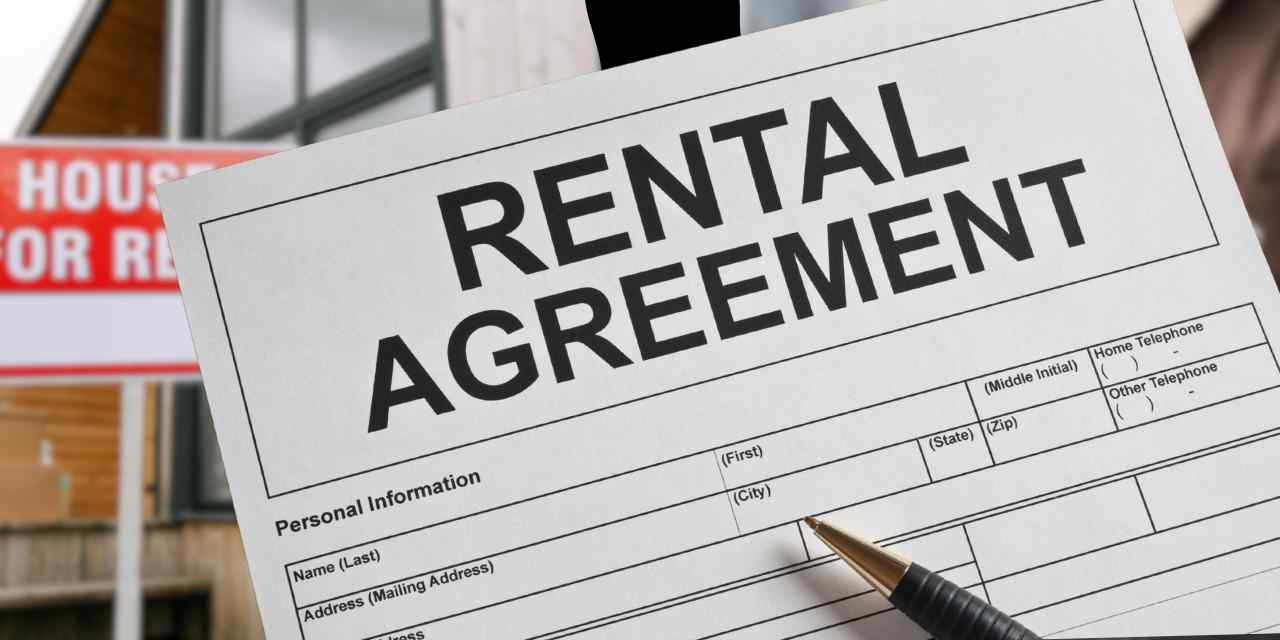
The Section 8 Housing Choice Voucher program helps low-income renters afford housing in the private market. However, not all landlords participate. In some states, they must—by law.
This guide explains who accepts Section 8, where it’s required, and what renters and landlords should expect in 2025.
Who accepts Section 8?
Private landlords may choose to accept Section 8. Those who do must follow specific rules set by the local Public Housing Authority (PHA). For example, the unit must pass an inspection, and the rent must fall within HUD’s fair market limits.
Landlords who opt in:
- Receive direct housing payments from the government
- Enter a contract with the PHA
- Must maintain the unit according to federal standards
Many landlords advertise that they accept vouchers, especially in high-demand rental markets. Still, others choose not to join the program due to administrative requirements or delays in payment.
Who has to accept Section 8?
In 2025, whether a landlord must accept Section 8 depends on state and local laws. These rules fall under what’s known as source of income protections.
States where Section 8 must be accepted
At least 22 states now make it illegal to deny housing based solely on voucher use. This includes:
- California
- New York
- New Jersey
- Illinois
- Oregon
- Washington
- Colorado
- Massachusetts
- Connecticut
- Maryland
- Minnesota
- Vermont
(and others)
In these states, landlords cannot have a blanket policy rejecting all Section 8 tenants. Doing so may result in legal penalties or discrimination claims.
States where landlords can still say no
In contrast, some states—such as Florida, Georgia, and Texas—do not offer source of income protections. As a result, landlords in those states may legally choose not to accept vouchers, as long as the decision is not based on race, disability, family status, or other protected characteristics.
What landlords are allowed to do
Even in states that require voucher acceptance, landlords still have the right to screen applicants. They can review:
- Credit reports
- Criminal background checks
- Rental history
- Income verification
- References
What they cannot do is reject an applicant only because they use Section 8.
What renters should know in 2025
If you’re applying for housing with a voucher, start by checking local and state laws. Cities like New York, Seattle, and Chicago enforce strong protections for voucher holders.
To improve your chances:
- Present your documents clearly
- Get pre-approval from your PHA
- Be upfront with landlords about voucher terms
- Use housing platforms that filter by voucher-friendly listings, like AffordableHousing.com or GoSection8.com
If you suspect discrimination, report it to your local fair housing agency or HUD.
What happens next
More states are considering laws to ban voucher discrimination. The trend is moving toward expanding protections, especially as rental costs continue to rise.
Lawmakers and housing advocates believe broader acceptance of Section 8 can reduce homelessness and increase housing stability.
By understanding local laws and federal rules, both renters and landlords can better navigate the Section 8 program in 2025. For help, contact your local housing authority or visit HUD’s Housing Choice Voucher page.
